MAISON MARCHAND-TAWSE
The story of the Maison Marchand-Tawse in Burgundy begins with the extraordinary story of Pascal Marchand, the French Canadian boy wonder, who in 1985 at 22 years old, took the reins of the Clos des Epeneaux in Pommard.He became an overnight sensation, and in the process pretty much defined modern Burgundy.
We first crossed paths when I was putting together the original wine list for our hotel-barge Le Papillon back in 1989. But before we talked wine, we talked boats. Iron ore freighters to be precise. We had both worked a few years as Merchant Seamen on the Great Lakes, Pascal on the Canadian side, and me down at the other end. After the usual macho stories I could see the guy really likes boats. So I invited him for a canal cruise on the Burgundy Canal that afternoon, and we have been friends ever since.
In the following years, Pascal took the Clos des Epeneaux from relative obscurity to international prominence by winging it, really. He became part of the inner sanctum of a new generation of Burgundy producers who took wine production back into the vines. They shared ideas, were willing to experiment, became keen observers of Nature. Without good grapes there is no good wine. But good grapes come from healthy vineyards. So many of them turned to organic production. Pascal first and foremost.
But the Clos des Epeneaux is tiny. And for a young, talented and ambitious winemaker, 15 years there was enough. He needed a new challenge. And he found one! We did not see him again until 2006!
Pascal was approached by Jean-Charles Boisset, scion of the family who control the third largest French wine group, who wanted to create a domain that would be the showcase for the family’s other businesses. So with the 1999 vintage, the Domaine de la Vougeraie was launched, giving Pascal management of over 90 acres of Burgundy vineyards, from simple regional appellations through to Grand Crus. It was the largest single domain creation in Burgundy since the end of the second World War. And it soon became a reference for modern Burgundy production. Pascal took the entire domain into organic farming, and with a biodynamic approach. It was revolutionary.
During the seven years he was there, Pascal also participated in the development of several other projects in the Boisset group outside of Burgundy and abroad. At the same time, he was working as consultant for wineries around the world, and so became one of the best know ‘flying winemakers’.
Those days are over. The Marchand-Tawse bio of Pascal says that ‘a strong need for emancipation’ was the reason he left the Boisset group in 2006. In that year he took on the management of the Domaine Jean Fery and made the first steps toward creating his own micro-negociant house.
The collaboration of Pascal with another French Canadian, Moray Tawse of the Tawse Winery in Niagara, one of Canada’s most recognized wineries, gave birth to the new Maison Marchand-Tawse in 2011.
There are several highly thought of modern negociant houses that have emerged in this last generation. Some have outside funding; some are insiders and have connections. Marchand-Tawse is a bit of both. But it’s the inside connections that impress us most. Have a look at the list of wines they produce now and tell me this guy is not well respected by his peers!



